Twitch 2021: A year in controversies
It was a big, busy, and sometimes rough year for Twitch and the streamers who use it.
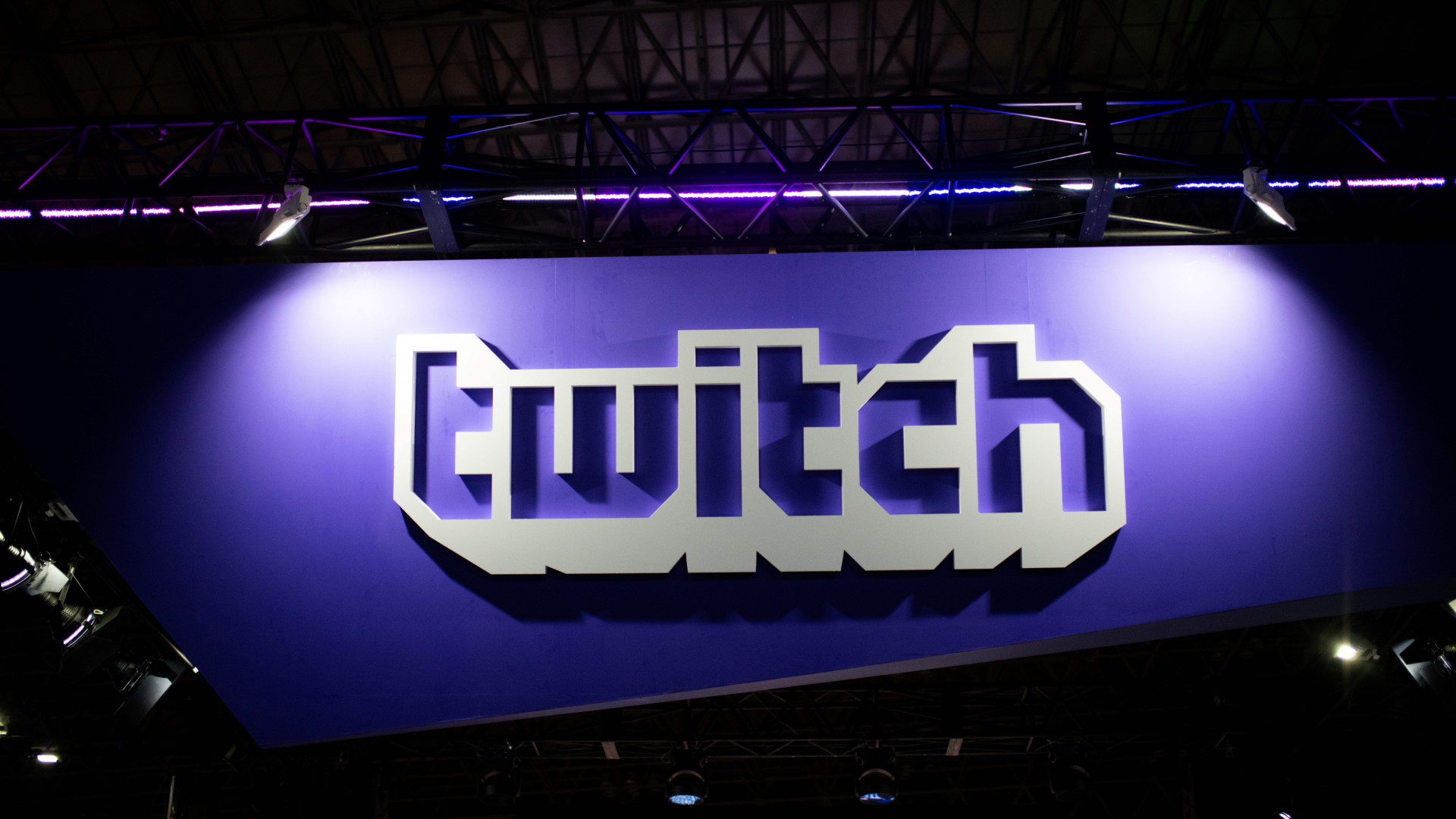
2020 was a noteworthy year for big streamer bans on Twitch, but 2021 has been something different. In many ways, the past 12 months have been much darker and more difficult: Instead of laughing at self-incriminating Call of Duty cheaters or wondering why Dr. Disrespect was banned, we saw marginalized streamers struggle with abusive audiences that Twitch was unable to control, while copyright conflicts and mismanagement continued to be a thorn in everyone's side.
A massive security breach in October laid the entire platform bare, and for awhile dragged the platform into the mainstream spotlight: One digital security expert said the situation was "as bad as it could possibly be." Yet the crisis blew over quickly, publicly at least, and by mid-December the biggest argument was whether or not streaming qualified as work. Life, as they say, goes on.
Here, then, is our rundown of the biggest Twitch controversies of 2021:
Twitch's new Pogchamp emote program ends badly

In January 2021, Twitch decided to remove the old PogChamp emote after fighting game personality Ryan "Gootecks" Gutierrez—the face on the emote—expressed support for the January 6 US Capitol riot. Shortly after that, it decided to bring back the emote, with a new streaming personality assuming the role of PogChamp every 24 hours.
Sadly, that did not go entirely well, as some daily PogChamps were greeted with racism, homophobia, and other forms of abuse when their turn at the switch was announced. Twitch said the program had received "an overwhelmingly positive response" from the community and selected streamers, but also tacitly acknowledged that there were issues, adding that it was "in close contact with the new faces of PogChamp to offer support as needed."
The idea between a rotating community PogChamp was an amazing idea &, when I was asked, I hopped on immediately bc I knew what it could mean.I expected racism.I didn’t expect the chaos that followed.Just know that your day will be HARD.But you are PogChamp for a reason. ❤️January 12, 2021
After a month, Twitch went back to a permanent PogChamp: A Komodo dragon.
Twitch suspends Donald Trump's account 'indefinitely'
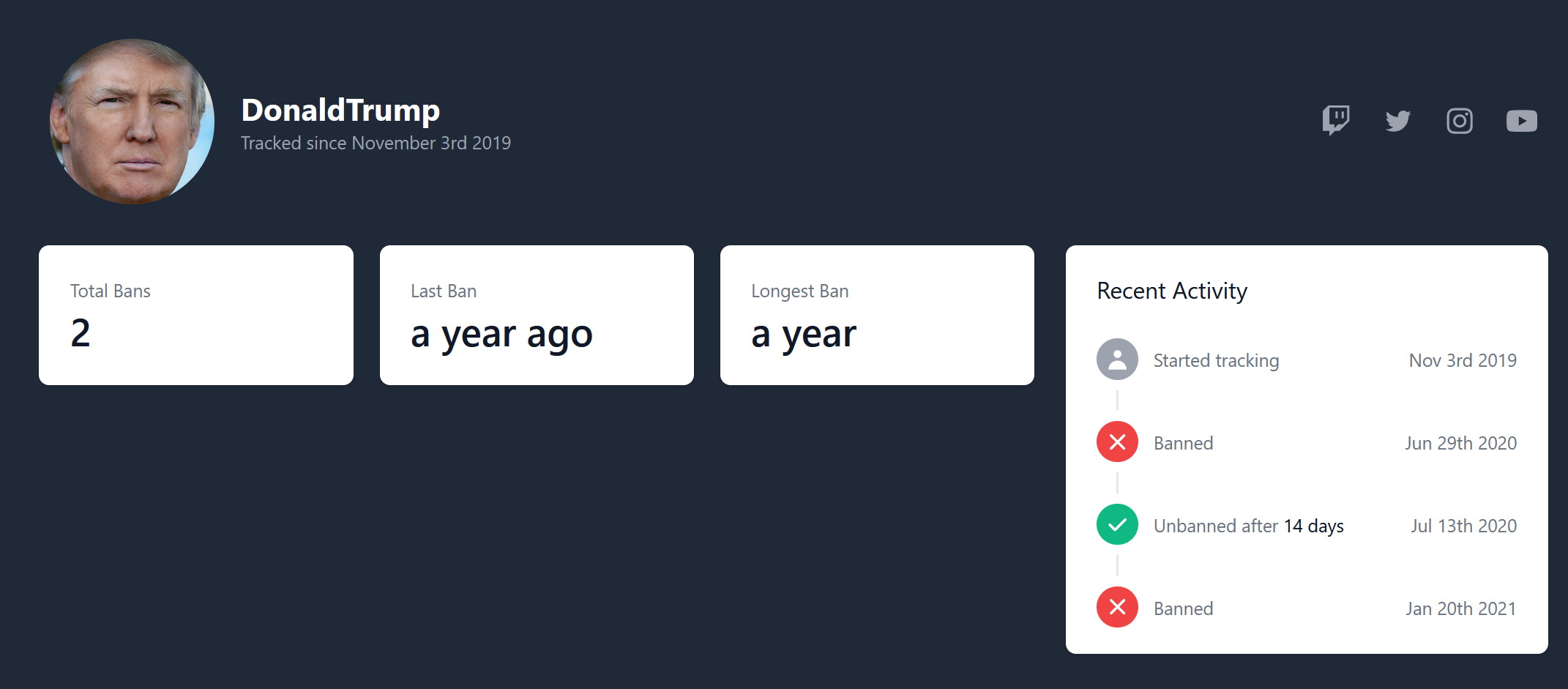
On January 7, the day after the Capitol Hill rioters failed to prevent the inauguration of Joe Biden, Twitch suspended then-president Donald Trump's account in order to "protect our community and prevent Twitch from being used to incite further violence." Clamping down on a social media account of a sitting US president was a remarkable move, although not unprecedented: Trump's account had been suspended for two weeks in 2020 for violating Twitch rules against hateful conduct and harassment.
Keep up to date with the most important stories and the best deals, as picked by the PC Gamer team.
Twitch said the status of Trump's account would be reassessed on January 20, after he was out of office, but when the time came it decided to make the ban indefinite. "The President's statements continue to be interpreted as calls to action, and we are taking this action to remove the potential for harm to our community and the general public," Twitch said at the time. The account remains disabled.
Twitch replaces Metallica's BlizzCon performance with royalty-free garbage

Aging metalsmiths Metallica performed during the online-only BlizzCon 2021 in February, which was no doubt a highlight moment for fans watching on YouTube, or Twitch, or through Blizzard's own website. Over on Twitch Gaming, though, things got a little weird: As the band broke into a rendition of For Whom the Bell Tolls, the music was suddenly replaced by ridiculous "plinky-plonk twinkling."
Rock and roll, baby!
Puzzled viewers quickly put together that the song was swapped out for royalty-free music because of Twitch's long, contentious history with the music industry and DMCA takedowns. The whole thing was more silly than controversial, but it put a spotlight on the truly bizarre relationship between Twitch and music publishers, and the challenges that streamers have to navigate while dealing with it.
Twitch demonetizes hot tub streamers, then relents and adds a hot tub category
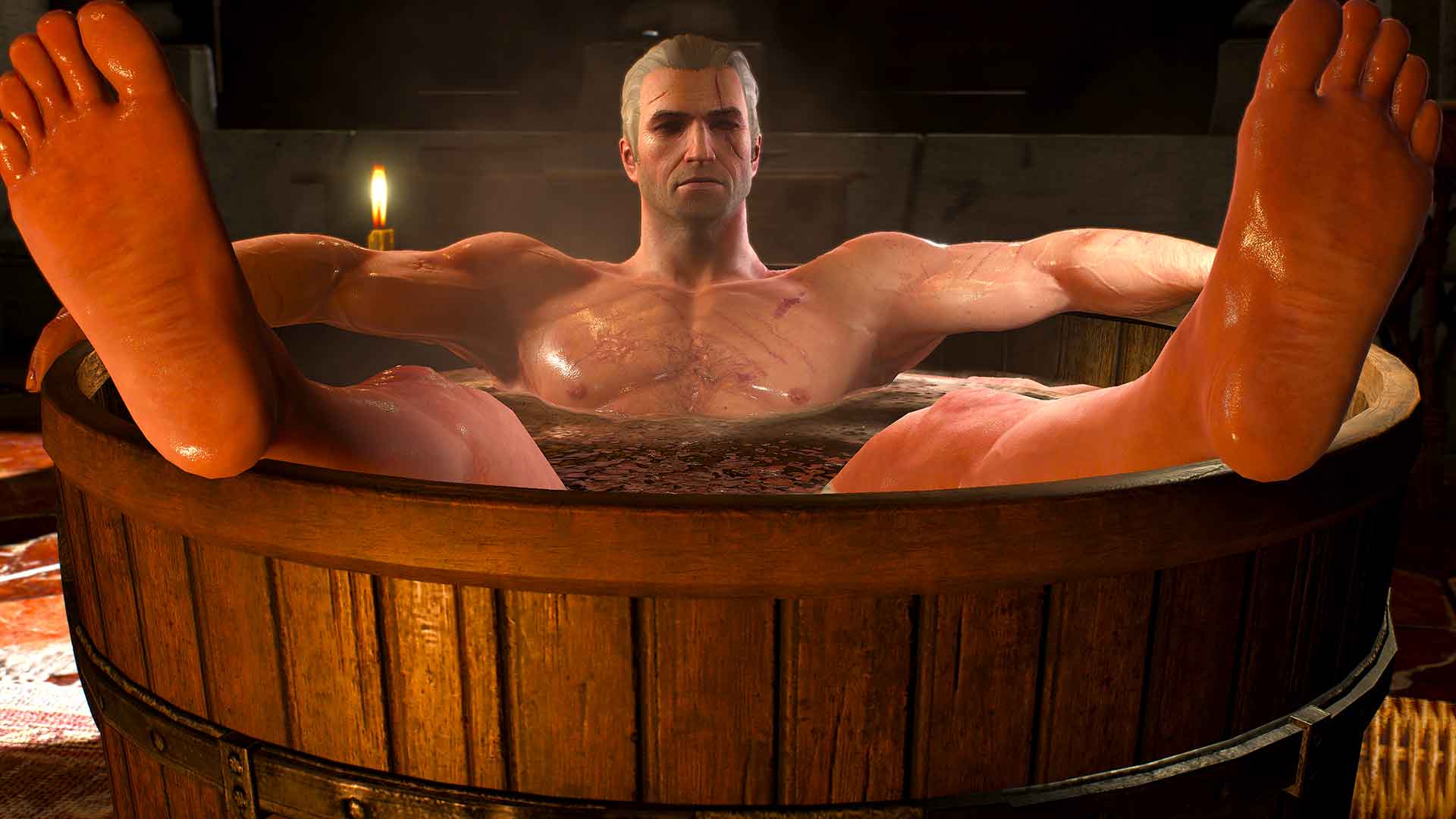
In May, mega-streamer Amouranth reported that Twitch had suspended her ability to run advertisements on her channel. It eventually came to light that her 'hot tub streams' were the issue: While not in violation of any specific Twitch regulations, she was told that some content, even if it's approved by Twitch, isn't appropriate for all advertisers.
The real problem wasn't the specific content, though, but that Amouranth's ads were suspended with no notice: Not only was she not given the opportunity to address the issue in advance, she wasn't even told that a revenue stream was being switched off at all. The mishandled moderation was yet another example of Twitch's notorious lack of transparency, even with its top streamers in some cases. Twitch did manage to quickly come up with a practical and very reasonable solution to the problem with sexual suggestive streams, though: A couple of days after Amouranth reported her advertising suspension, Twitch added a brand new category called Pools, Hot Tubs, and Beaches.
Twitch suspends streamers for simulated earlicking ASMR in yoga pants
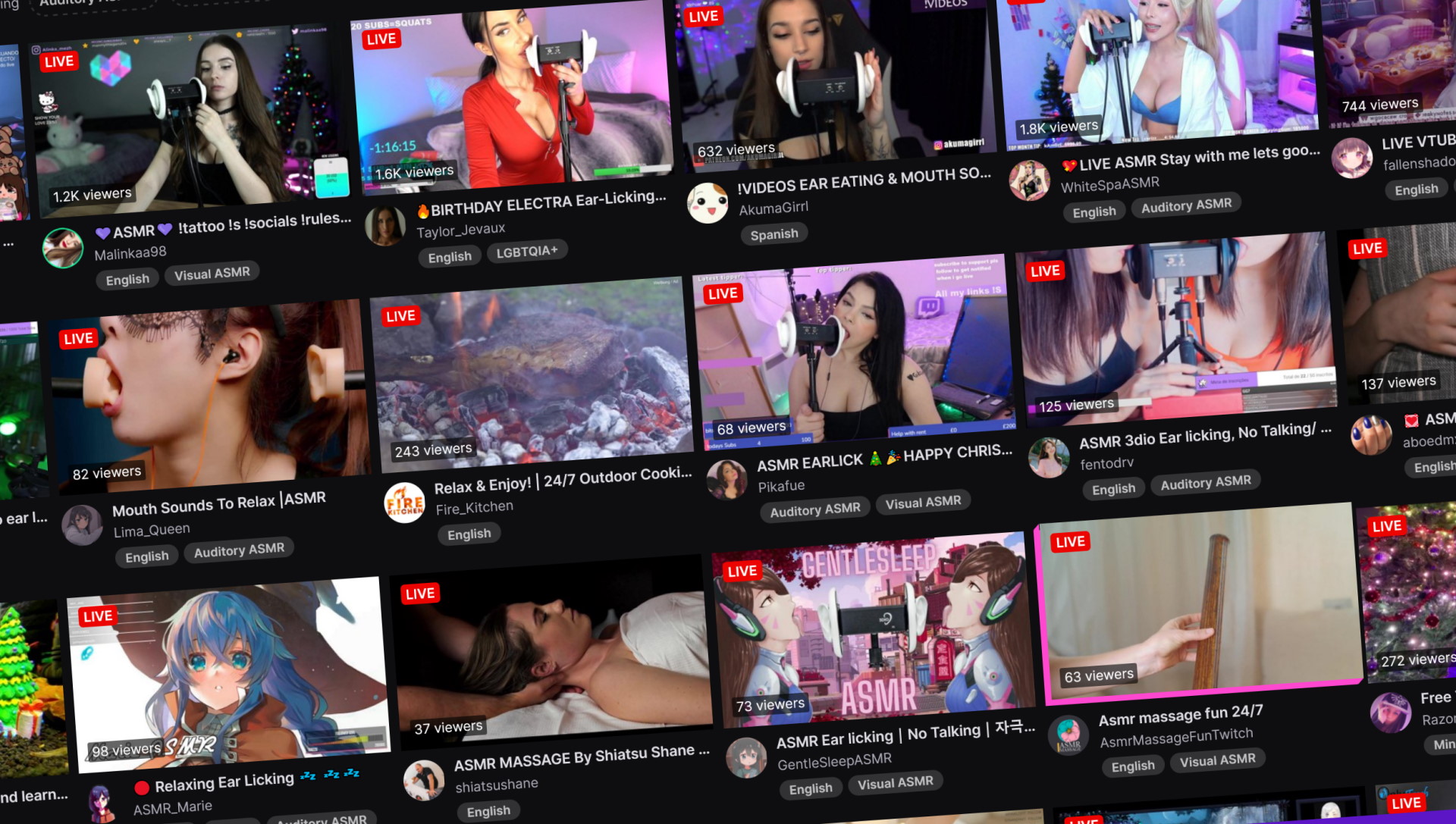
A month after the whole hot tub thing, Twitch lowered the boom on the hot new trend in ASMR: Simulated ear-licked while wearing yoga pants. Once again Amouranth was at the center of it, and once again Twitch failed to explain exactly what the issue was. But it was widely seen as yet another example of arbitrary, even capricious moderation from Twitch, based not on rules but on someone's perception of inappropriate content, especially since Twitch had said in the wake of the hot tub controversy that "being found to be sexy by others is not against our rules, and Twitch will not take enforcement action against women, or anyone on our service, for their perceived attractiveness."
And, much like that controversy, this too seemed to blow over quickly and with minimal lasting consequence: Twitch's ASMR category remains filled with streamers licking ears in all sorts of different attire.
Twitch mutes Snoop Dogg for a week
This seemed pretty funny at first: A world-famous stoner accidentally mutes himself for a solid week without noticing. It eventually came to light that Twitch was responsible for the muting, though, because Snoop understandably likes to listen to music while he streams, and streaming copyrighted music is against the rules. Much like the Metallica incident at BlizzCon, it was a ridiculous example of the inability of livestreaming platforms like Twitch to find reasonable accommodation with the music business.
#ADayOffTwitch makes a surprisingly deep cut in viewership
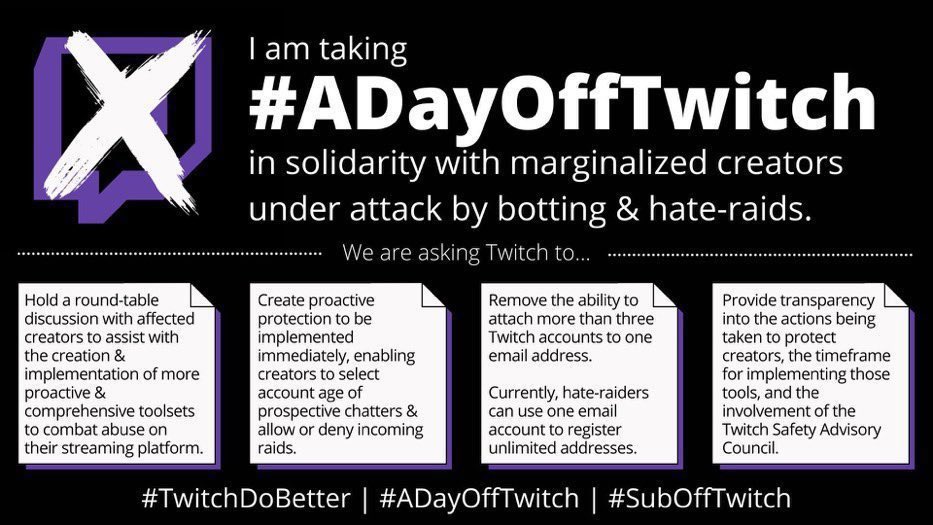
One of the biggest challenges Twitch faced in 2021 was an alarming uptick in "hate raids"—organized attacks against marginalized streamers in which bot accounts flood chat channels with slurs and threats. After months of struggling with it, streamers organized a virtual protest in which they all agreed not to stream for one 24-hour period.

#ADayOffTwitch, which took place in September, made a deep cut into Twitch viewership. Twitch had acknowledged the problem prior to the protest, and after it released new account verification options and an automated ban evasion detector to help abate it. The company also filed a lawsuit against two hate raiders based on Europe.
Twitch makes a deal with the music industry that doesn't help streamers

After a year that saw thousands of DMCA takedown requests issued because of copyrighted music being played over streams, Twitch took a big step toward addressing its long-standing beef with the music industry via a September deal with the National Music Publishers' Assocation to "build productive partnerships between the service and music publishers." Good news!
The bad news was that the only benefit for streamers is a slightly more forgiving violation system: Now, "inadvertently or incidentally" using copyrighted music in a stream will result in a warning first, rather than an immediate dropping of the hammer. In a statement, Twitch reminded its streamers that using copyrighted music in a stream, under any circumstances, "violates the rights of music creators and runs counter to Twitch’s mission of supporting all creators."
Twitch suffers a massive security breach
This is the big one. In October, Twitch suffered a massive security breach that laid everything bare, from source code to streamer revenues. It was "as bad as it could possibly be," ThreatModeler CEO Archie Agarwal said, although it turned out that user passwords and other personal details weren't exposed, so maybe it was a little less bad than it could've been.
Still, it was big: Top streamer incomes were revealed, as was the fact that only a very, very tiny number of streamers come anywhere near to the "big time." Big-timers also benefited from the existence of a secret "do not ban" list at one point, which ruffled some feathers, although in reality it appeared to be more of a necessary moderation tool than an unfair edge for anyone. We also learned about the wholly unexpected existence of an unreleased Steam competitor named Vapor, and a long-running money laundering scheme that attracted the attention of the Turkish government.
HEY @Twitch EXPLAIN? pic.twitter.com/VfZ2pXi5ZvOctober 6, 2021
Surprisingly, the whole thing seemed to blow over relatively quickly. Twitch engineers may not see it that way, but we changed our passwords, a handful of streamers had some fun with it, and then life went on.
Shroud says "streaming isn't work"
Michael "Shroud" Grzesiek caused a stir in December when he said that he enjoys streaming so much because "working sucks." In case his point wasn't clear enough, he later clarified, "Streaming is work? No it's not fucking work, it's a god damned joke. Look, I'm sitting here doing nothing."
Shroud, of course, is one of the biggest streamers in the business, so his dismissive comments caused a little bit of a stir. Streamers do work hard, and the vast majority of them do it strictly for personal enjoyment: Only a tiny number ever come close to the top of the heap. In context, his statement was almost certainly referring only to his own personal position: His days of working came relatively early in his career as an esports pro; now he's made his name and built his audience, and he can comfortably coast—a very fortunately, and exceedingly rare, position to be in.
HasanAbi suspended for using the word "cracker" in a stream
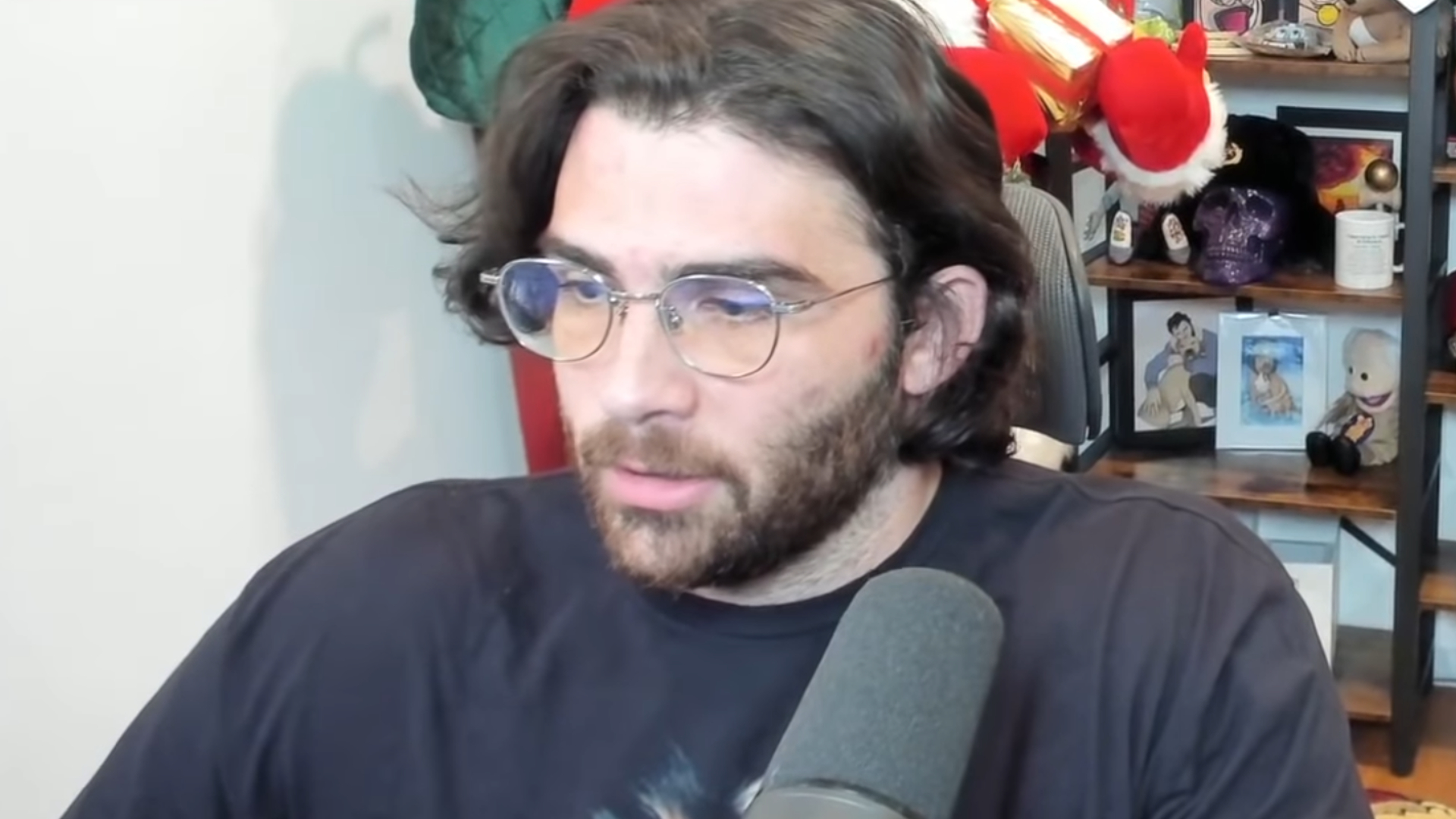
Only a couple of weeks before the end of the year, popular streamer Hasan "HasanAbi" Piker was suspended from Twitch for saying "cracker" during a stream. Naturally, debate quickly ensued over whether "cracker" is actually a racist slur, with a few going so far as to call it the "c-word," inadvertently emphasizing the inherent ridiculousness of the whole thing by indirectly pointing out that, unlike actual racial slurs, we can actually use the word "cracker" without fear of ejection from public places or an ass-beating.
HasanAbi's suspension ultimately lasted for a week. On day six, he expressed eagerness to get back at it, and a very subtle lack of regret.
BING BONG! SEE YOU TOMORROW AT 11AM PACIFIC LETSGOOOOOO https://t.co/1T9rV5m8dQ pic.twitter.com/CwzNXphWStDecember 21, 2021

Andy has been gaming on PCs from the very beginning, starting as a youngster with text adventures and primitive action games on a cassette-based TRS80. From there he graduated to the glory days of Sierra Online adventures and Microprose sims, ran a local BBS, learned how to build PCs, and developed a longstanding love of RPGs, immersive sims, and shooters. He began writing videogame news in 2007 for The Escapist and somehow managed to avoid getting fired until 2014, when he joined the storied ranks of PC Gamer. He covers all aspects of the industry, from new game announcements and patch notes to legal disputes, Twitch beefs, esports, and Henry Cavill. Lots of Henry Cavill.


